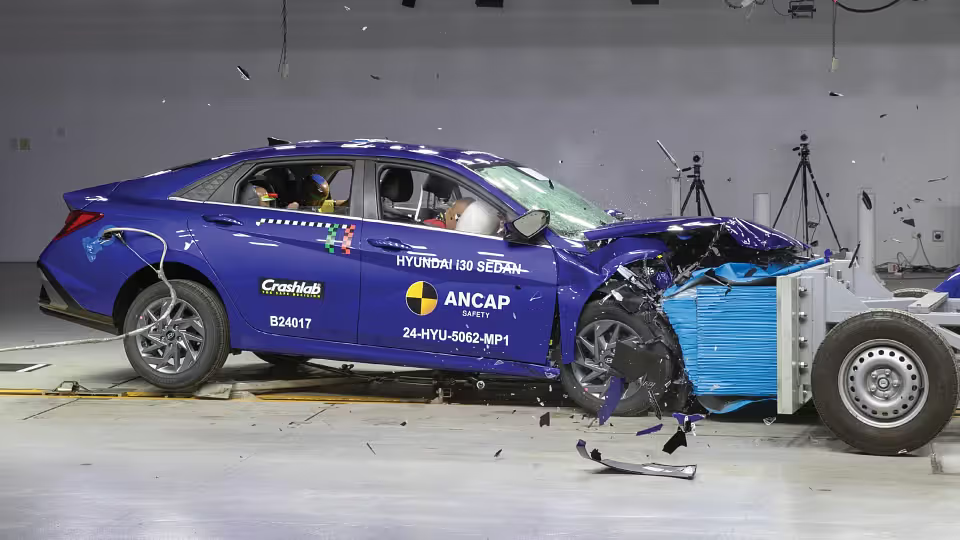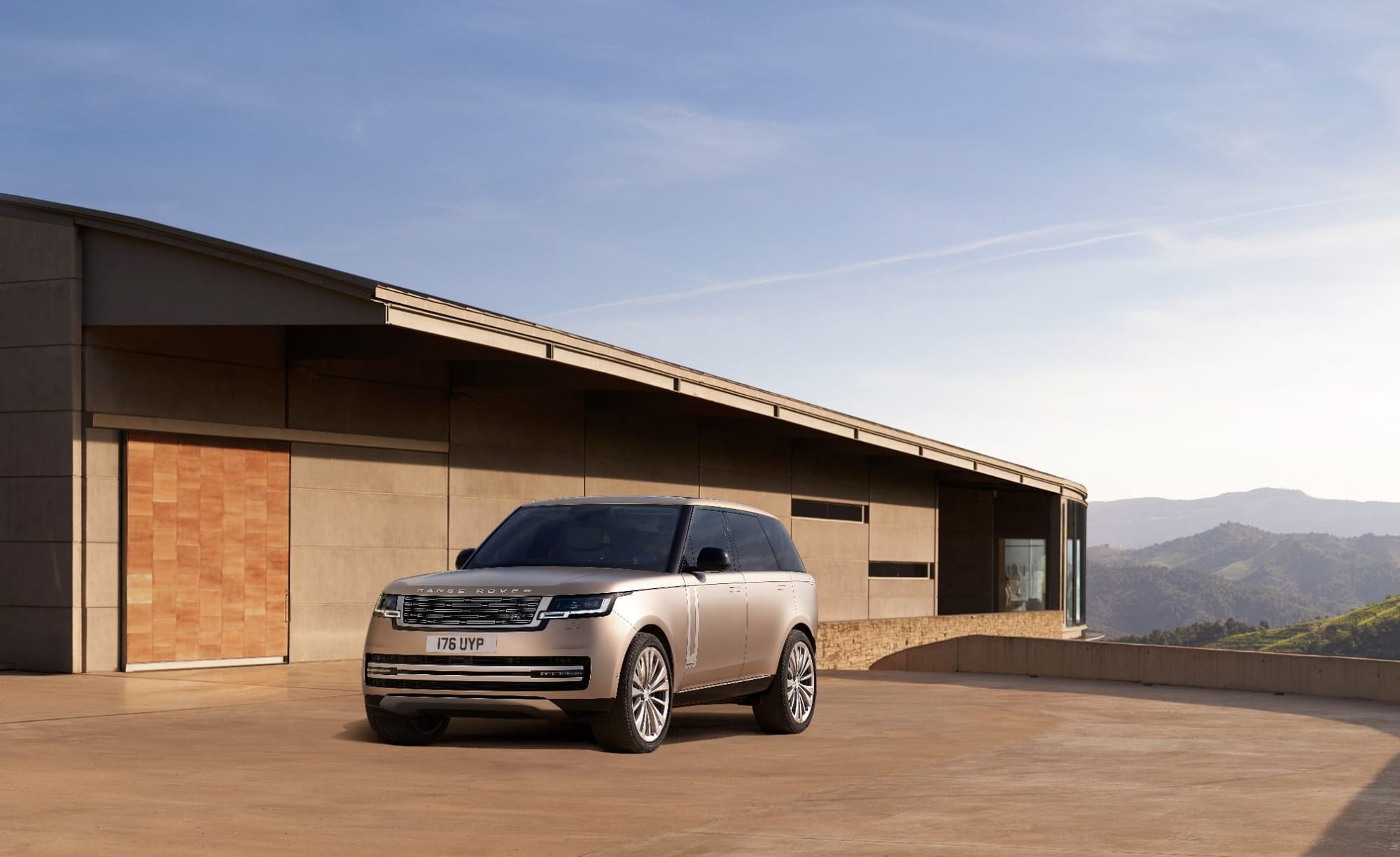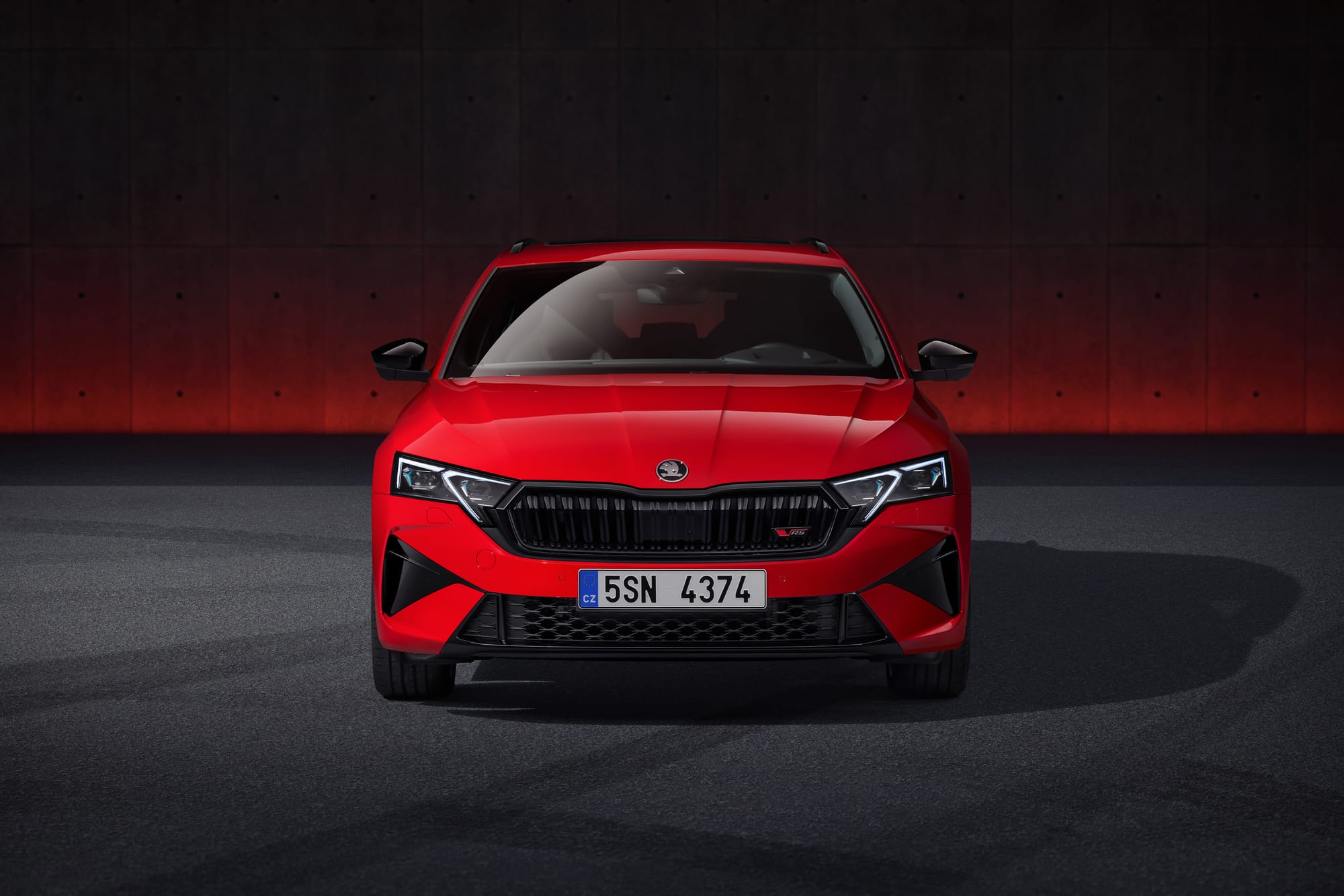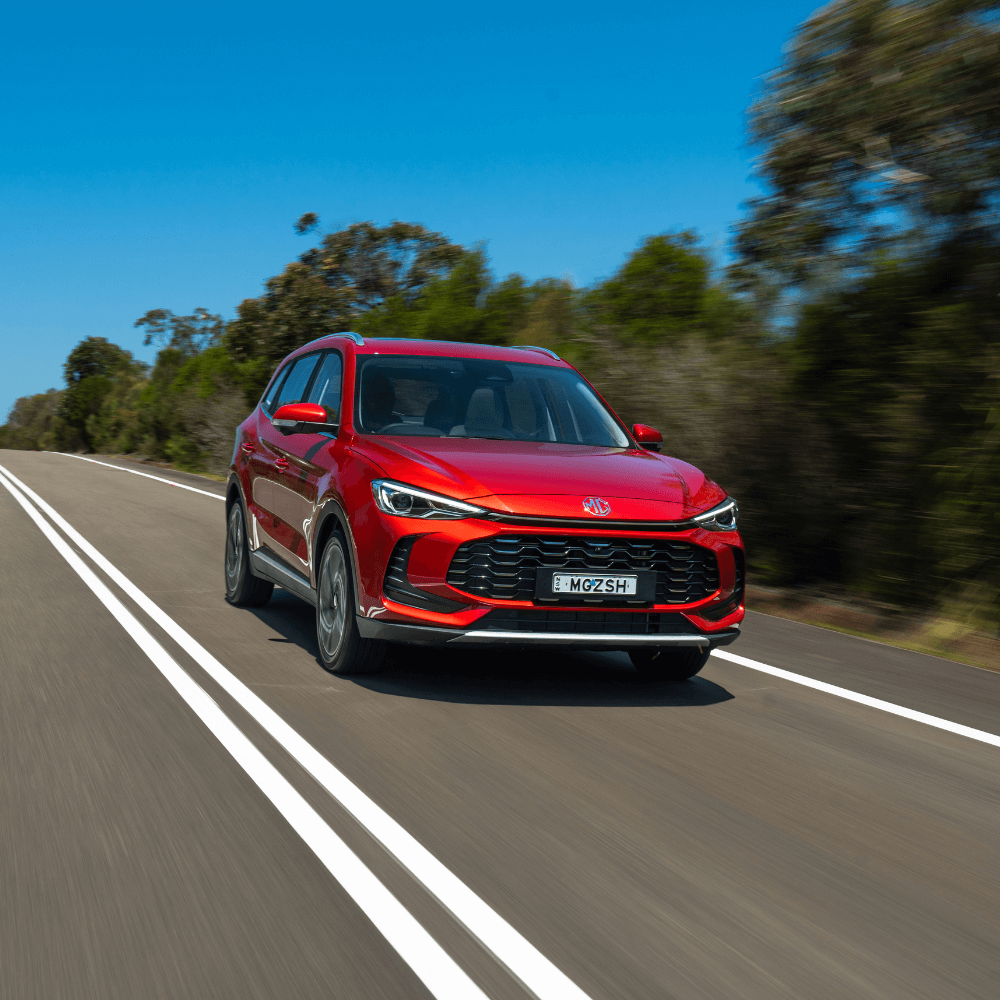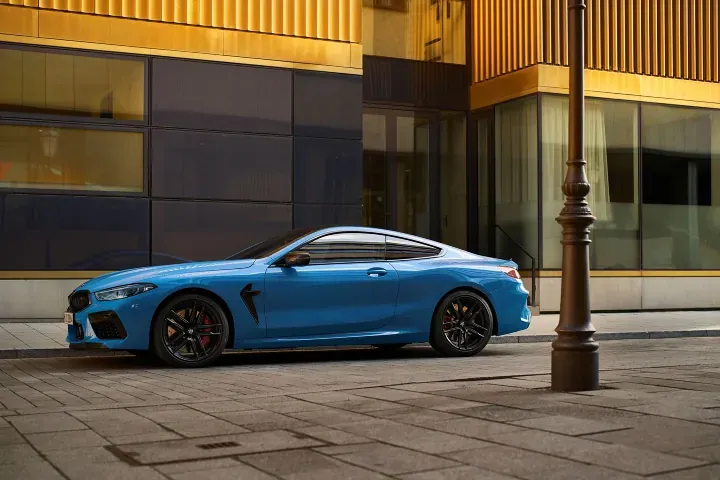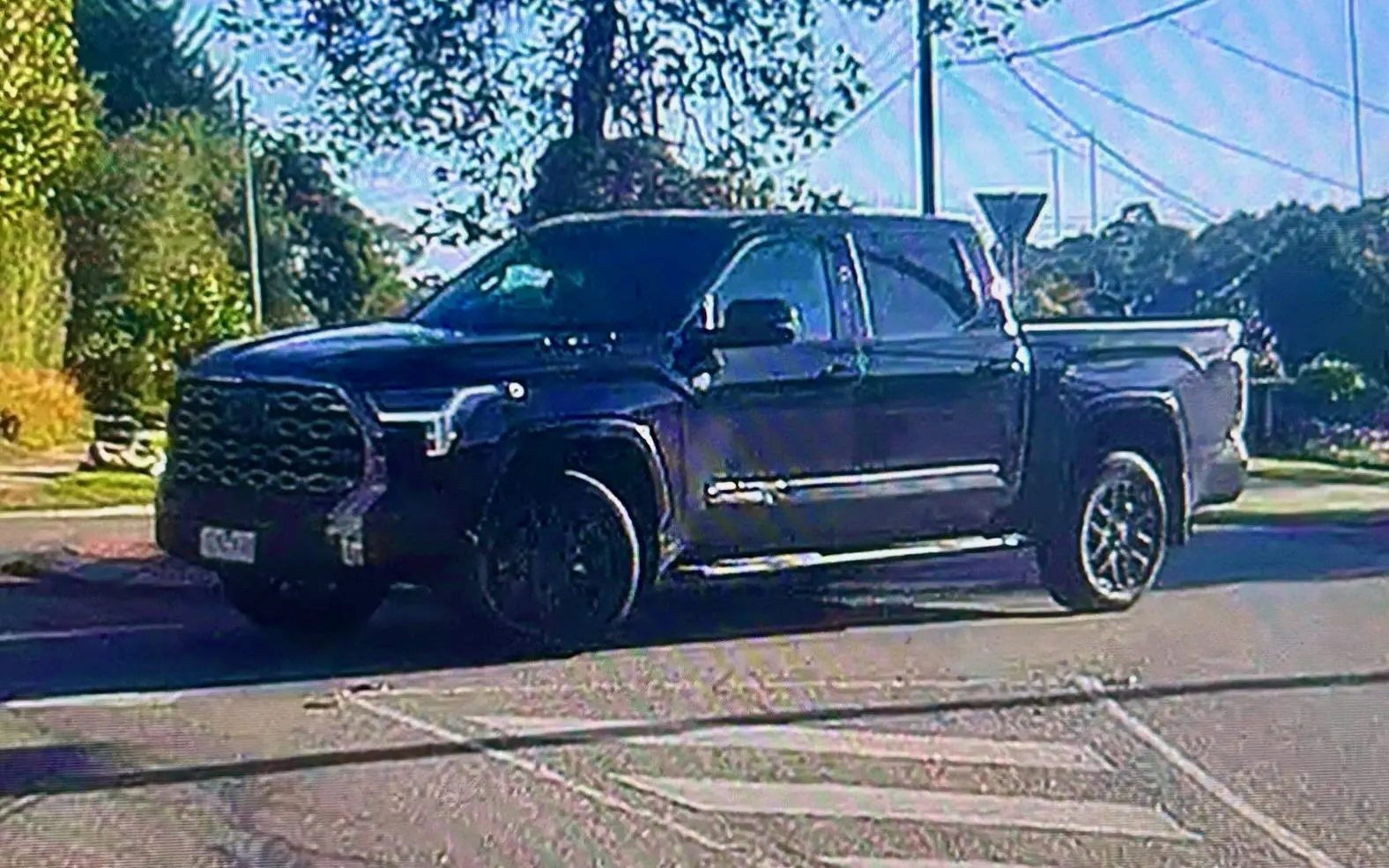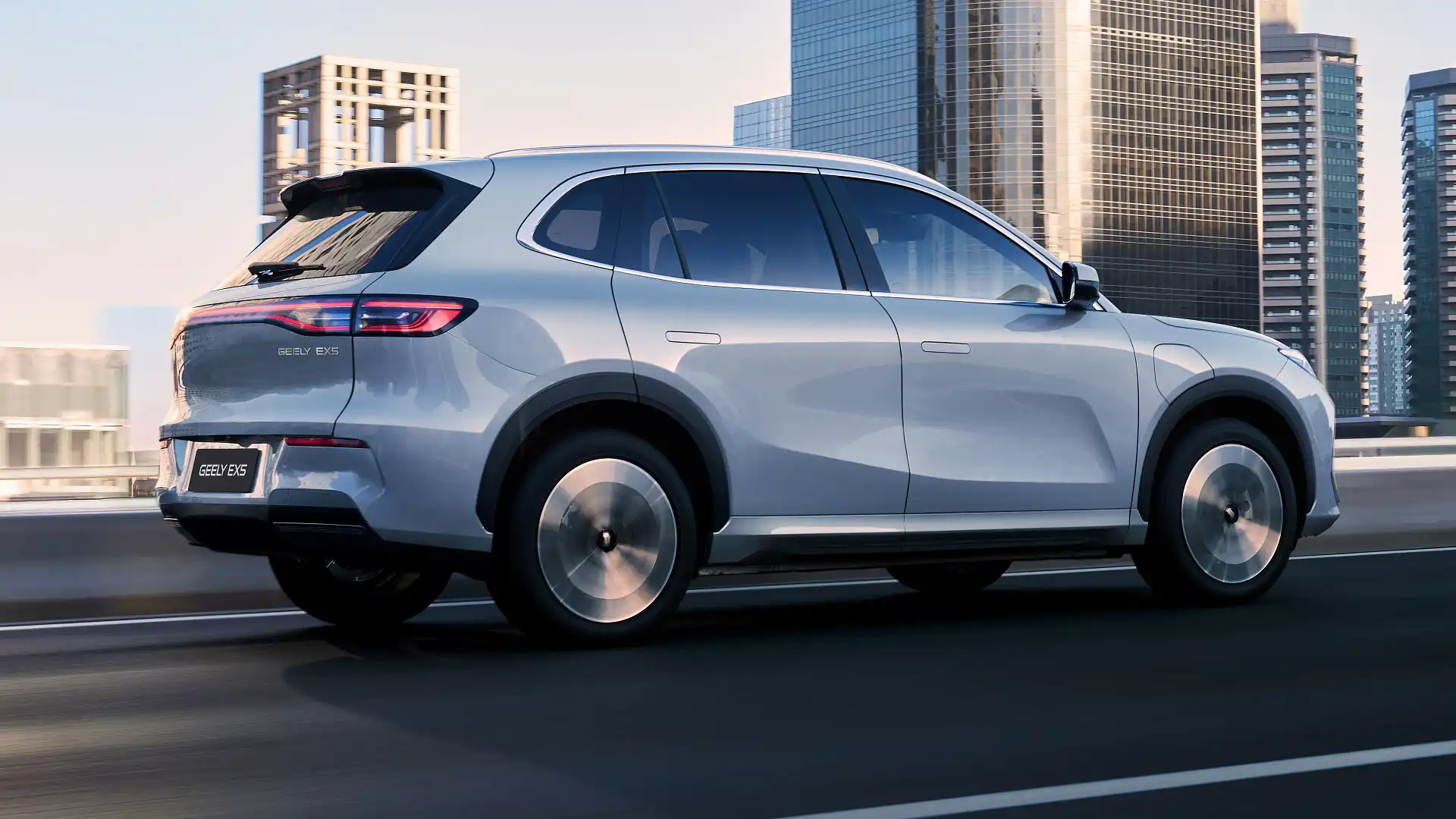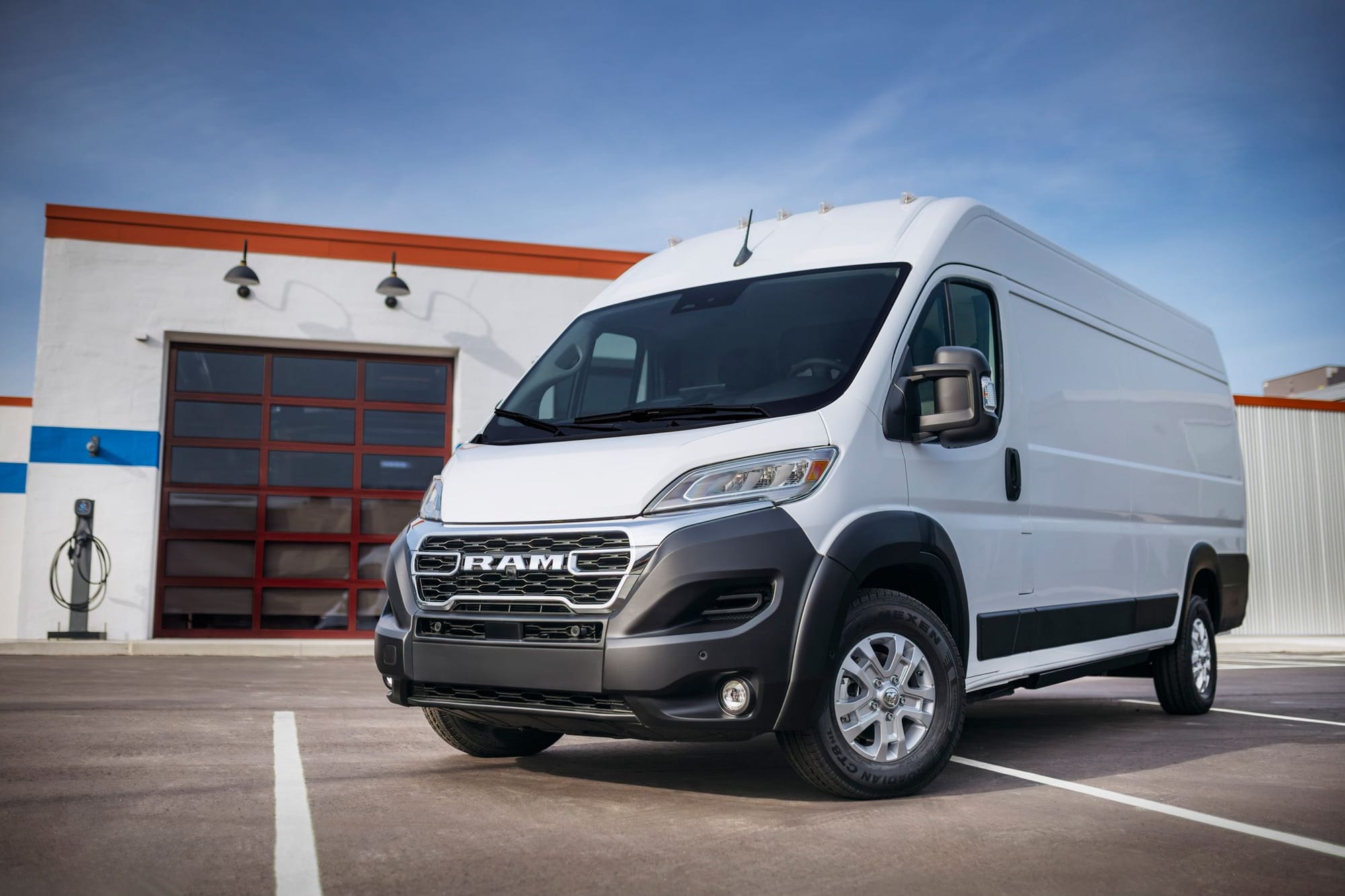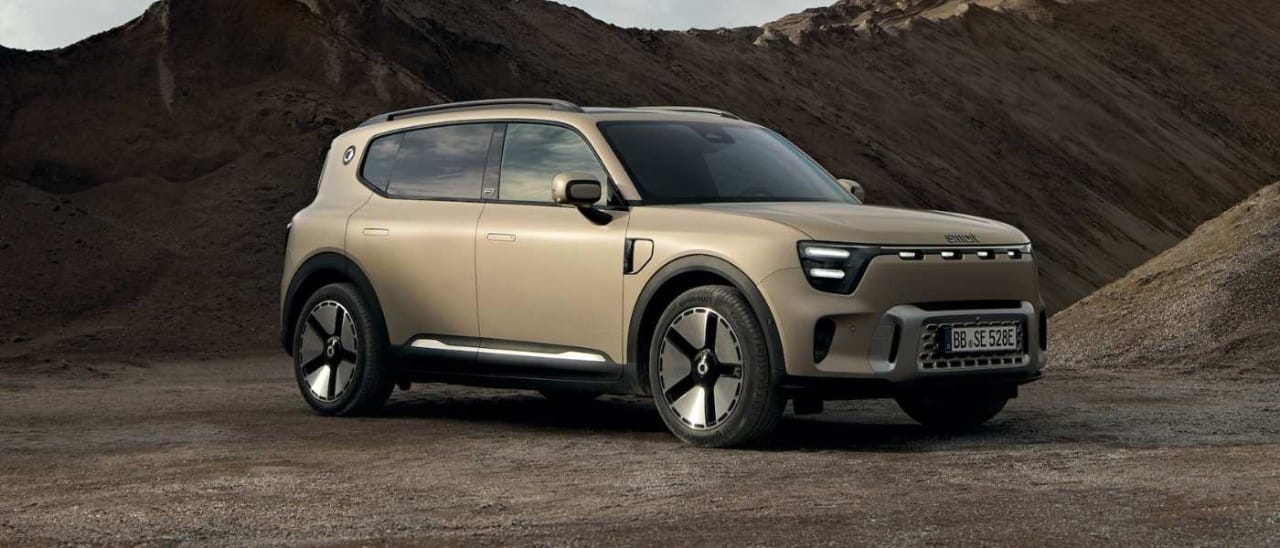The Australasian New Car Assessment Program (ANCAP) has awarded the Hyundai i30 sedan a three-star safety rating, a result that has sparked discussion and controversy in the automotive industry.
This rating, which applies to i30 sedans built from October 30, 2023, onwards, including the newly introduced hybrid variant, falls short of the five-star ratings held by key rivals in the small car segment.
Rating Details:
- Three-star safety rating for Hyundai i30 sedan
- Applies to models built from October 30, 2023
- Includes both hybrid and facelifted petrol variants
- Does not apply to i30 Sedan N or petrol versions built before June 2023

Performance Breakdown:
- Adult Occupant Protection: 71%
- Child Occupant Protection: 81%
- Vulnerable Road User Protection: 62%
- Safety Assist: 56%
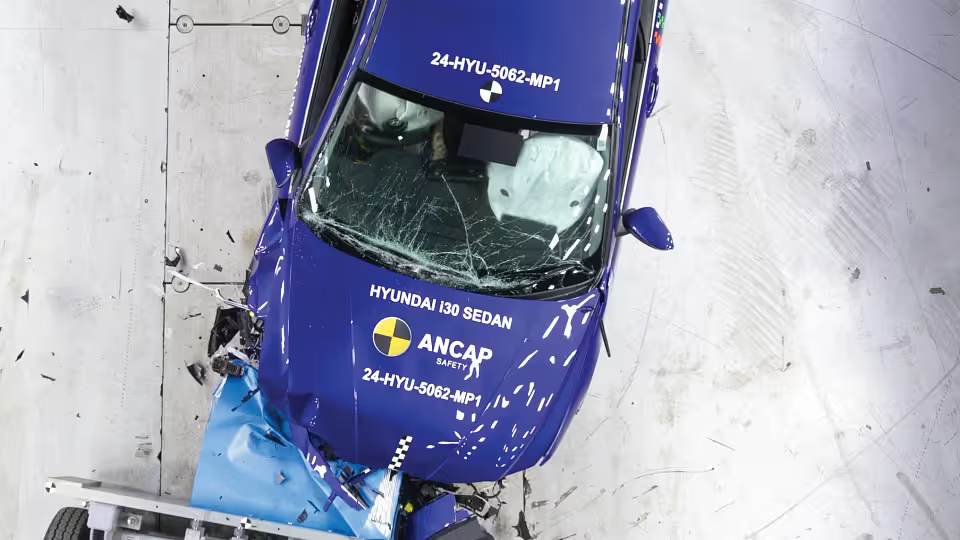
Areas of Concern:
- Lack of advanced autonomous emergency braking (AEB) capabilities
- Absence of standard blind-spot monitoring
- Lower scores in Adult Occupant Protection and Safety Assist categories
Comparison to Rivals:
- Falls behind competitors like Toyota Corolla, Mazda 3, and Kia Cerato, which have five-star ratings
- Rivals were tested under older, less stringent protocols
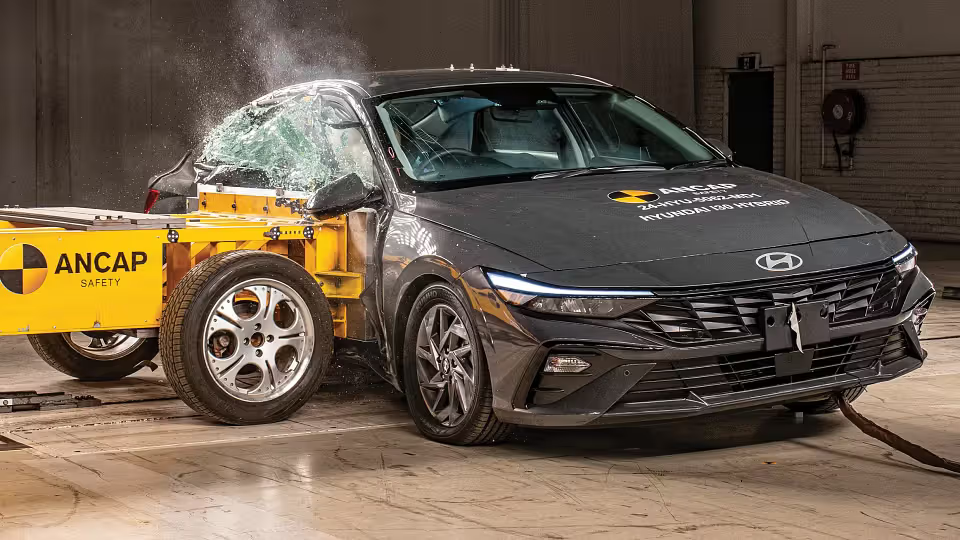
ANCAP's Perspective:
- Expected Hyundai to use the mid-cycle facelift to improve safety performance
- Emphasizes the importance of safety in smaller vehicles due to their inherent vulnerability
Controversy and Criticism:
- Questions raised about the relevance of testing a 2020 model against 2024 standards
- Concerns about the cost-effectiveness of the testing process
- Debate over the impact on fleet purchasing decisions
Global Context:
- Received top safety ratings in other markets (e.g., IIHS Top Safety Pick in the US)
- Highlights discrepancies between global safety testing standards
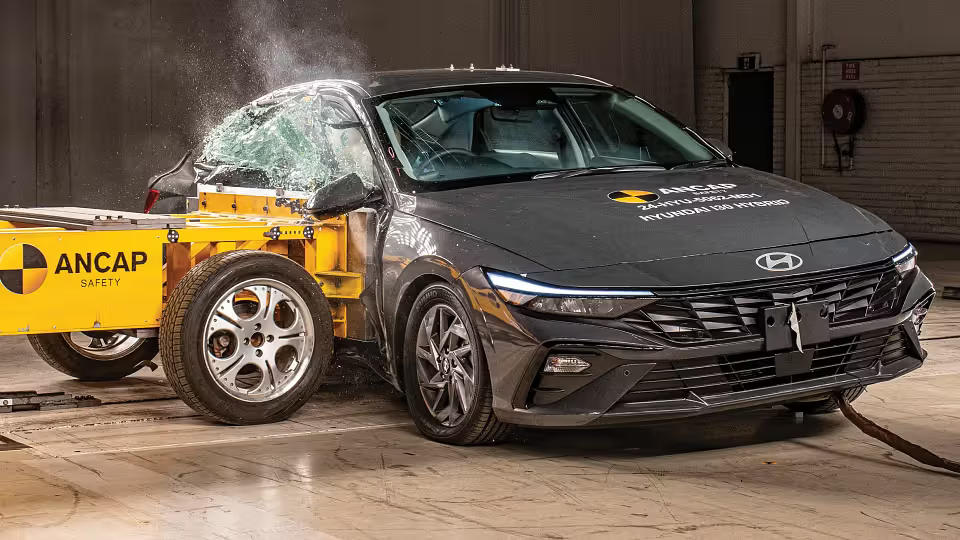
Hyundai's Response:
- Hyundai Australia has declined to comment on the rating
- Previously called for a rethink of how ANCAP safety ratings are regarded
Market Impact:
- May influence consumer and fleet purchasing decisions
- Potential effects on Hyundai's competitive position in the small car segment
Future Implications:
- Possibility of safety enhancements in future updates
- Ongoing debate about the evolving nature of safety standards and testing protocols
The three-star ANCAP rating for the Hyundai i30 sedan highlights the complex and evolving nature of vehicle safety standards. While the rating raises concerns about the model's safety features, it also sparks a broader discussion about the methodology and relevance of safety testing in a rapidly changing automotive landscape.
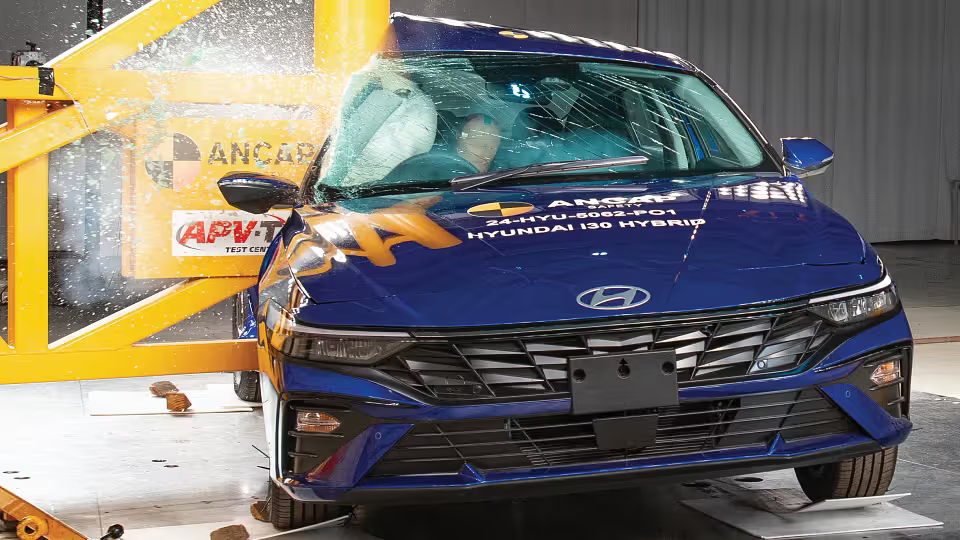
As manufacturers strive to balance safety, technology, and market demands, the i30 sedan's case underscores the challenges faced by both automakers and safety assessment bodies in meeting and evaluating increasingly stringent criteria.



